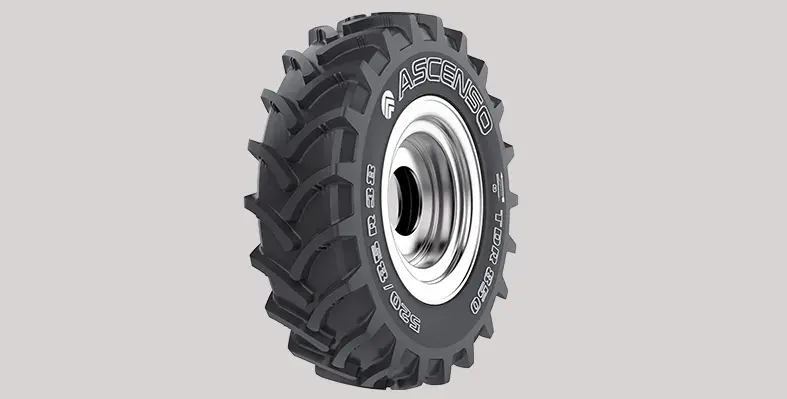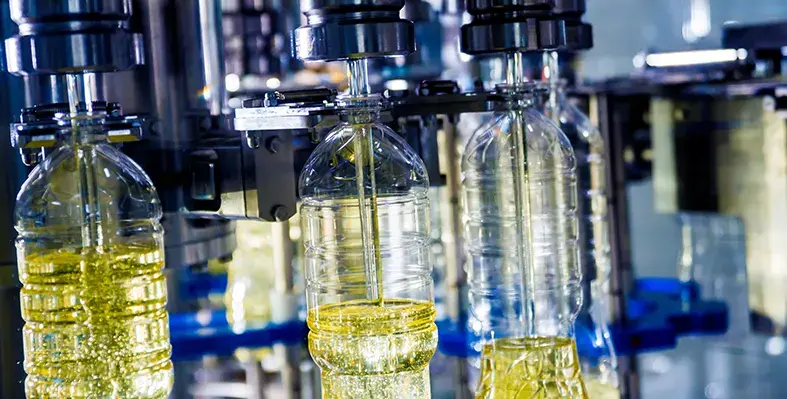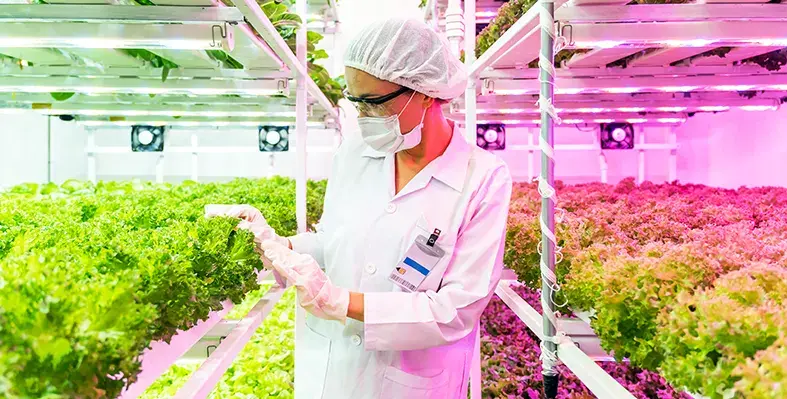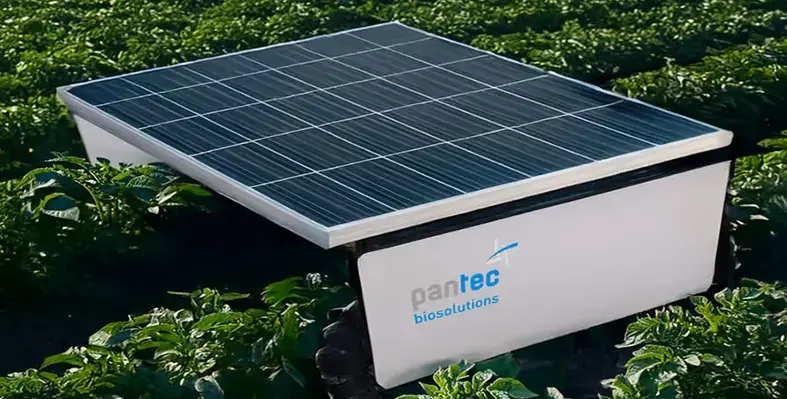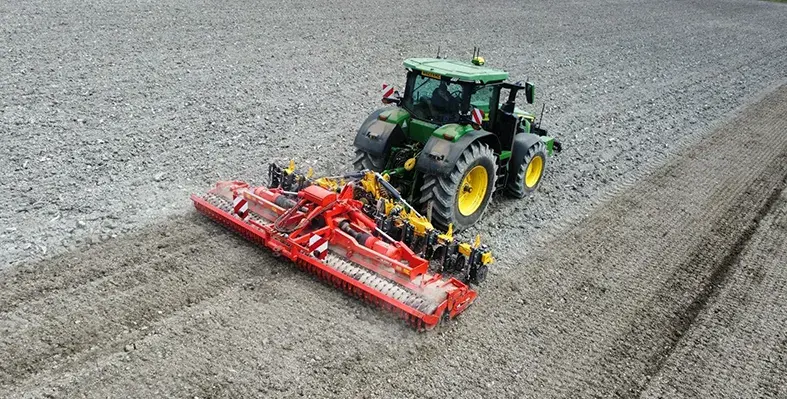
The new CCT is ideal for those looking to improve efficiency in the field.(Image credit: Grange Machinery)
Yorkshire-based manufacturer Grange Machinery is preparing to launch a new and improved version of its well-known 6m Close Coupled Toolbar (CCT) at Agritechnica 2025
The latest design has been developed to meet growing demand from farmers who require greater flexibility when drilling maize and other row crops.
The upgraded CCT now offers tine spacings of both 75cm and 50cm, along with extra brackets that allow users to adjust the spacing of the low disturbance legs. This versatility means farmers can easily switch between a standard 50cm soil loosener setup during harvest and wider 75cm rows for maize and similar crops.
Designed in close collaboration with working farmers, the new CCT is ideal for those looking to improve efficiency in the field. When paired with a mounted or trailed drill, it allows users to eliminate soil compaction and drill maize precisely in one pass, saving both time and fuel.
Rhun Jones, Managing Director of Grange Machinery, said," Sowing maize in 75cm rows is becoming more common. People were looking at the 6m CCT and saying, ‘I like it, I want one’, but then the conversation about maize would come up. Often, when they found out it couldn’t do that, they’d leave it. But with a lot of customers asking about it, we decided we had to get it sorted. So, we worked closely with one of our customers who wanted the 50cm spacings during harvest but also grows a large acreage of maize." He added, " With his input, we have designed a machine that does both and we’re very excited about it. It functions as an all-loosening system during harvest, but a maize and strip tillage system in that season, so it’s very versatile.”
Built for strength and reliability, the 6m CCT can operate with mounted or trailed equipment and comes PTO-ready. It excels at track eradication, shallow subsoiling, and correcting compaction both before drilling and after harvest. When fitted with a packer roller, it delivers a fine seedbed in a single pass.
Rhun added," Agritechnica is the biggest farm machinery show in Europe, possibly even the world. To be exhibiting is a privilege, but to be launching a new machine there is a dream come true. We cannot wait to sample the atmosphere and showcase the Grange brand on such a grand scale.”




